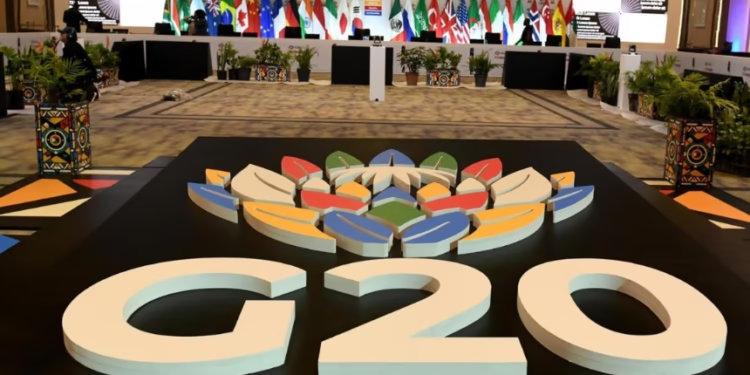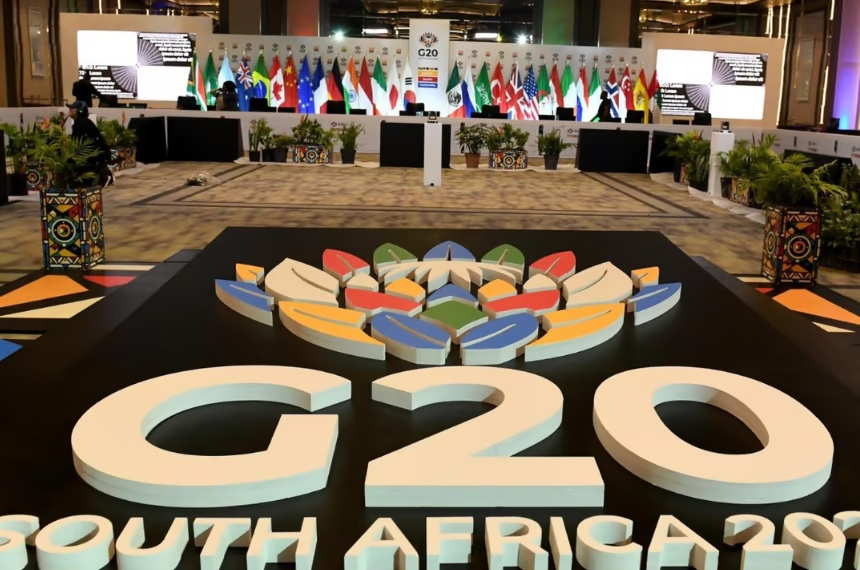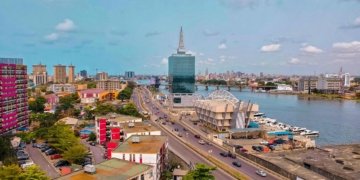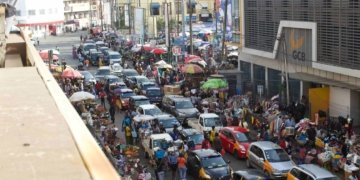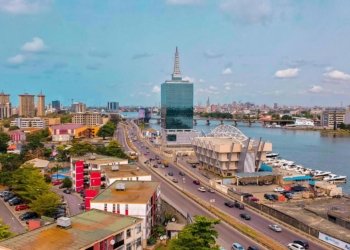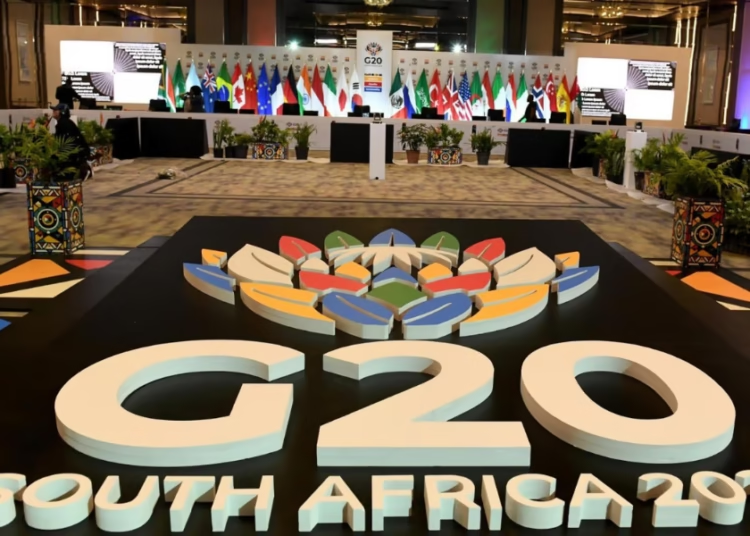When the African Union became a permanent member of the Group of 20 in 2023, it was hailed as a historic step toward more inclusive global economic governance.
Now that South Africa is hosting the 2025 G20 summit on Nov. 22 and 23 in Johannesburg, the continent faces a pressing question about whether it can transform its seat at the table into real influence over global decisions.
Expectations across the continent have risen since the African Union joined the G20 as a permanent member. The move was seen as a long-awaited recognition of Africa’s economic importance and a strategic step toward aligning the continent’s development goals with global financial and trade systems. Has that promise begun to materialize?
South Africa, as the current G20 president, is in a position to elevate African priorities. Its leadership places it in the G20 Troika alongside Brazil, which held the presidency in 2024, and the United States, which will lead in 2026.
Throughout 2025, South Africa has hosted ministerial meetings and policy forums aimed at highlighting African-led development strategies. Whether those efforts result in lasting policy shifts is still uncertain.
A United Voice
Africa enters this year’s summit with a united agenda based on six core priorities. These include advancing the African Union’s Agenda 2063, reforming the global financial system, improving food security, supporting a just energy transition, expanding trade through the African Continental Free Trade Area, and strengthening credit ratings and health systems.
These priorities reflect long-standing needs and ambitions. African leaders have increasingly called for changes in the governance of international financial institutions, which many argue underrepresent the continent.
Some see the G20 as a platform to push for fairer systems and new models of global cooperation. The Group of 20, founded in 1999, brings together the world’s largest economies to coordinate macroeconomic policy and respond to shared challenges.
Its members account for about 85% of global gross domestic product, 75% of international trade and nearly two-thirds of the world’s population. The forum includes 19 individual countries, along with the African Union and the European Union.
While Africa now has a formal seat, its ability to shape outcomes depends on more than presence. It will require careful negotiation, partnerships with like-minded nations and clear policy proposals backed by data and regional consensus.
Can a unified African voice carry weight in spaces traditionally influenced by larger, wealthier economies?
South Africa’s presidency has focused on inclusive growth, sustainable development and reform of multilateral institutions, aligning with its official G20 theme of solidarity, equality and sustainability.
Its government has also worked to align summit outcomes with the African Union’s long-term development vision. But turning visibility into policy influence is not guaranteed. Africa’s economies vary widely in size and capacity, and national interests do not always align.
Still, coordinated efforts across the continent have gained momentum in recent years, offering a stronger foundation for collective action.
